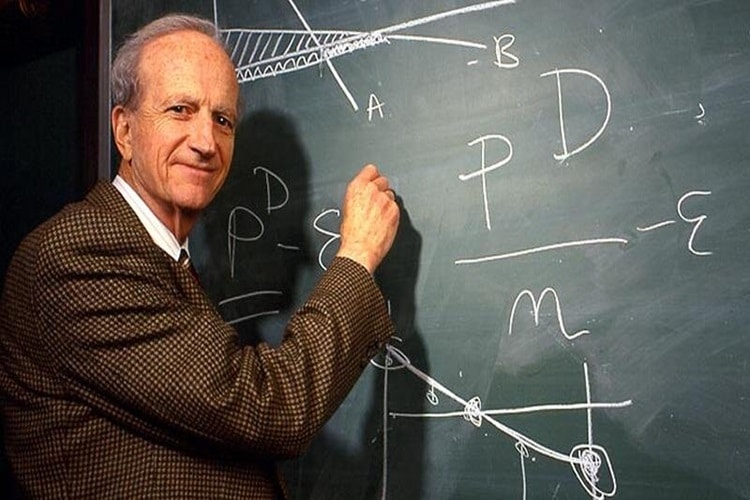Unmasking a Legend: The Story of Gary Becker

Gary Becker (2 December 1930 – 3 May 2014) was an American economist. He received the Nobel Prize in Economic Sciences in 1992.
Life and Career
Gary Becker was born on December 2, 1930, in Pottsville, Pennsylvania, USA. He grew up in a Jewish family and showed an early interest in mathematics and economics. His academic prowess was evident from a young age. Becker earned his undergraduate degree in mathematics at Princeton University in 1951. He then pursued graduate studies at the University of Chicago, where he earned his Ph.D. in economics in 1955 under the supervision of Milton Friedman. His early exposure to the Chicago School of Economics, which emphasized the role of free markets and individual choices, greatly influenced his later work.
Becker’s academic career was primarily associated with the University of Chicago. He joined the faculty in 1957 and remained there for most of his career. He held various positions, including serving as the Chairman of the Department of Economics. Becker’s contributions to economics are vast and varied, but he is most renowned for his work on human capital theory. In his seminal work “Human Capital: A Theoretical and Empirical Analysis,” published in 1964, Becker argued that education and training should be treated as investments in human capital, similar to investments in physical capital. This groundbreaking idea changed the way economists and policymakers approached education and workforce development.
Apart from human capital, Becker made significant contributions to the economic analysis of discrimination, family economics, crime, and other social issues. His application of economic principles to understand behavior in various aspects of life extended the scope of economics beyond traditional market transactions. Gary Becker passed away on May 3, 2014, at the age of 83.
Award and Legacy
Gary Becker received numerous awards and honors throughout his distinguished career, recognizing his groundbreaking contributions to the field of economics. One of the most prestigious honors he received was the Nobel Prize in Economic Sciences in 1992. The Nobel Committee awarded him the prize for his “having extended the domain of microeconomic analysis to a wide range of human behavior and interaction, including nonmarket behavior.”
Becker’s work on human capital revolutionized the way economists and policymakers think about education and training. The concept of viewing education as an investment in human capital has become a cornerstone of modern economic thought. Becker applied economic principles to analyze a wide range of social issues, including discrimination, family dynamics, crime, and addiction. His approach demonstrated the relevance of economic thinking in understanding human behavior beyond traditional market transactions.
Becker’s work emphasized the importance of using economic analysis to understand individual choices and behaviors. His methodological innovations influenced subsequent generations of economists, encouraging them to explore new avenues for applying economic tools to diverse areas of study. Becker’s interdisciplinary approach, incorporating economic analysis into fields traditionally outside the realm of economics, has influenced scholars across various disciplines. His work continues to inspire researchers in sociology, psychology, and other social sciences.
As a renowned professor at the University of Chicago, Becker played a crucial role in shaping the next generation of economists. Many of his students went on to make significant contributions to the field, further extending his influence.
Observer Voice is the one stop site for National, International news, Sports, Editor’s Choice, Art/culture contents, Quotes and much more. We also cover historical contents. Historical contents includes World History, Indian History, and what happened today. The website also covers Entertainment across the India and World.

